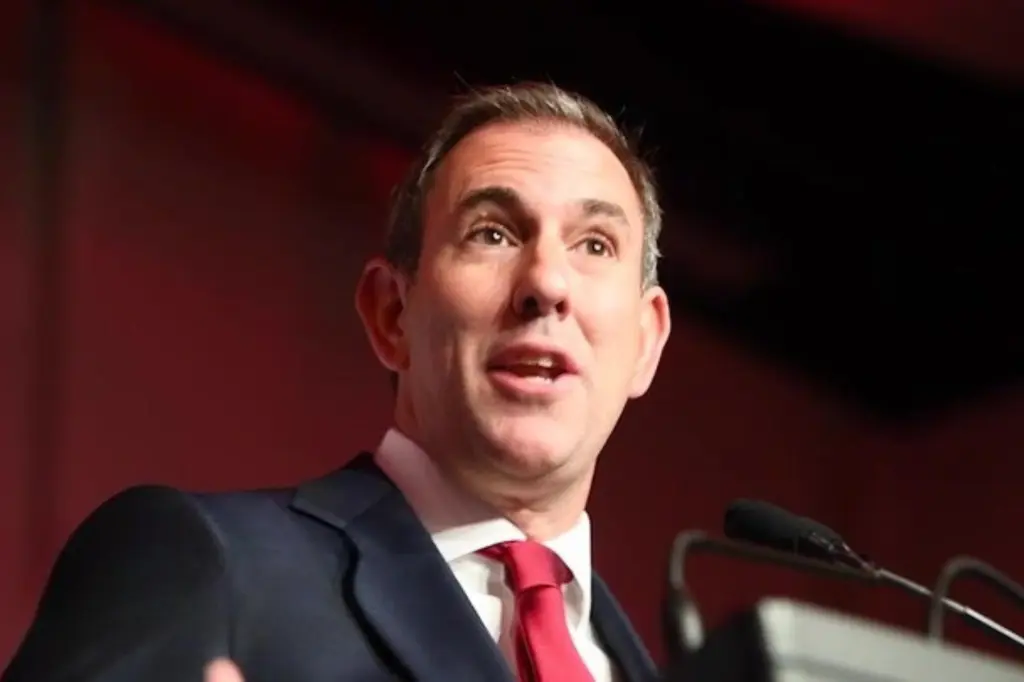Tax cuts for all, reform for none in Federal Budget
In his fourth budget, Treasurer Jim Chalmers has continued his promise of cost-of-living relief in what many would say was the unofficial launch of Labor’s election campaign, writes BDO.

As a pre-election budget, it ticks all the boxes and sets the scene for the campaign ahead: income tax cuts, energy bill rebates, HECS/HELP relief, and alcohol excise reductions. There are also measures to secure regional communities, boost Medicare, strengthen defence, and reduce inflation. Almost every Australian is promised at least some monetary benefit from Federal Budget 2025.
At the end of the day, there are tax cuts all around, with no money left in the tin for the Opposition to fund promises it may wish to make.
Measures pitched to boost the ATO’s revenue collection will likely be more effective at increasing the compliance burden on small businesses, large corporates, and tax practitioners. Against the backdrop of a continually evolving regulatory landscape, this adds another hurdle to navigate.
At its core, this year’s budget is a re-election pitch, and the changes Australia’s tax system needs remain off the table. The reluctance of almost any Australian politician or party to discuss tax reform means the budget deficit increases during the forward estimates period. This will leave the Opposition to fund any election promises from either further borrowing or cuts to existing and announced spending.
Without a commitment to even think about tax system reform, the question remains: how long can Australia afford to continue down this path?
The economic backdrop for Federal Budget 2025
With inflation rates globally trending toward their targets, advanced economies (as defined by the World Bank) across the world have begun to see the easing of monetary policy by central banks.
Since Australia’s inflation has fallen to the target range of 2-3 per cent, the key focus of Federal Budget 2025 is the nature and timing of the announced government spending, as the RBA considers its approach to interest rates. The lack of stability in commodity prices and uncertain global trading conditions will put understandable pressure on the Government’s spending decisions.
Cost-of-living measures
Additional tax cuts have been announced beyond those progressively implemented since 1 July 2024. Medicare levy relief for low-income earners has also been announced, along with a six-month extension of the energy bill rebate, providing further savings of $150 ($75 per quarter). These developments are particularly timely for Australians currently facing increasing cost-of-living expenses and financial challenges.
Tax cuts for every Australian
From 1 July 2026, the Government will implement additional tax cuts for the income threshold $18,200 – $45,000, lowering the rate from 16 per cent to 15 per cent. Additionally, there will be a subsequent reduction to 14 per cent commencing on 1 July 2027. These measures will result in a $268 annual tax saving for anyone earning $45,000 or more in the 2026-27 financial year, rising to $536 per year in the 2027-28 financial year.
“Ultimately, these tax cuts are welcome, however, are only incremental adjustments rather than a comprehensive overhaul of the tax system,” BDO said.
“While they may provide temporary relief, they do not provide true tax reform which addresses deeper structural issues.”
Medicare levy relief
The Government will increase the Medicare levy low-income thresholds for singles, families, seniors, and pensioners effective from 1 July 2024 to aid in the cost-of-living crisis. This adjustment to the thresholds ensures that low-income individuals continue to be exempt from paying the Medicare levy or pay at a reduced rate.
Restricting foreign ownership of housing
The Government has announced that, effective from 1 April 2025, foreign persons (including temporary residents and foreign-owned companies) will be banned from purchasing established dwellings for two years.
Exceptions to the ban will include:
- Investments that significantly increase housing supply or support the availability of housing on a commercial scale; and
- Purchases by foreign-owned companies to provide housing for workers in certain circumstances.
The Government has announced it will provide the ATO with $5.7 million over four years from 2025-26 to enforce the ban, as well as $8.9 million over four years until 2028-29 and thereafter $1.9 million per year to implement an audit program and enhance its compliance approach to target land banking by foreign investors.
“BDO considers that this change will have a positive impact on the current housing crisis; however, for the measure to be effective, the ATO must focus on its screening and audit processes to apply the tougher stance on foreign investment approvals. The proposed screening processes are yet to be outlined, including what a ‘full audit’ will entail,” BDO said.
“Additionally, the restrictions will be counterproductive if they reduce the amount of supply-increasing foreign investment in the housing market. It remains to be seen whether the increased ATO scrutiny will scare off such investment.”
Future Made in Australia Innovation Fund
Grant funding will be split into the following:
- $750 million to Green Metals (e.g. iron, steel, alumina and aluminium)
- $500 million to Clean Energy Technology Manufacturing, with a specific focus on enabling the development of technologies able to alleviate supply chain challenges associated with the clean energy transition
- $250 million to Low Carbon Liquid Fuels (e.g. sustainable aviation fuels and renewable diesel).
“Whilst BDO welcomes the provision of additional detail surrounding grant funding to be delivered through the FMIA Innovation Fund, as well as the announcement of new funding under the Green Iron Fund, there are concerns around such funding only being available to one sector (i.e. the clean energy sector),” BDO said.
“Australia’s gross expenditure on innovation falls well below the OECD average and has been in a continual decline during the past 10 years. At the same time, major clean energy projects are being shelved post-feasibility, despite the provision of subsidies (state-based or otherwise), highlighting that this sector may not present the best value for taxpayer dollars.
“To truly future-proof Australia’s economy, broader-based support for innovation and R&D is needed beyond just the clean energy sector.”
Strengthening Australia’s Tax integrity
Continuing a trend seen in previous budget announcements, the Government has once again increased funding for the ATO’s compliance programs.
From 1 July 2025, the Government will commit $717.8 million over four years for a two-year expansion and a one-year extension of the Tax Avoidance Taskforce. Established in 2016, the Taskforce focuses on preventing, detecting, and addressing tax avoidance to ensure the largest and wealthiest taxpayers pay their fair share of tax in Australia. This expansion reinforces the ATO’s commitment to maintaining strong oversight of multinational enterprises and other large entities.
To combat shadow economy activities, including but not limited to labour exploitation, under-reporting of taxable income, and illicit imports, the Government has pledged $155.5 million to expand the Shadow Economy Compliance Program, supporting stronger enforcement, targeted investigations, and improved inter-agency data sharing and cooperation.
The Government has committed $75.7 million to extend and expand the Personal Income Tax Compliance Program, an ATO initiative targeting non-compliance issues by individuals, such as overclaimed deductions and incorrect income reporting. The funding will support proactive, preventative, and corrective actions to improve tax compliance, enhance data-matching capabilities, increase audit activities, and strengthen taxpayer education to reduce errors and promote voluntary compliance.
Over three years from 1 July 2026, $50 million will be provided to extend the Tax Integrity Program, enabling the ATO to continue its engagement efforts with medium and large businesses, and wealthy individuals. The program focuses on improving compliance and ensuring timely payment of tax and superannuation liabilities through targeted oversight and early intervention.
“The Government’s significant investment in the ATO’s tax compliance activities should be good news for honest taxpayers. By cracking down on tax avoidance and the shadow economy, these measures not only boost public confidence in the tax system but also mean a more transparent and equitable tax environment,” BDO said.
“However, we fear that these additional resources could lead to a further burdensome compliance framework that imposes costs on taxpayers who are compliant with their tax obligations.”
To find out further details and read more about the impact of Federal Budget 2025, read BDO’s full analysis – Federal Budget 2025 – BDO.






